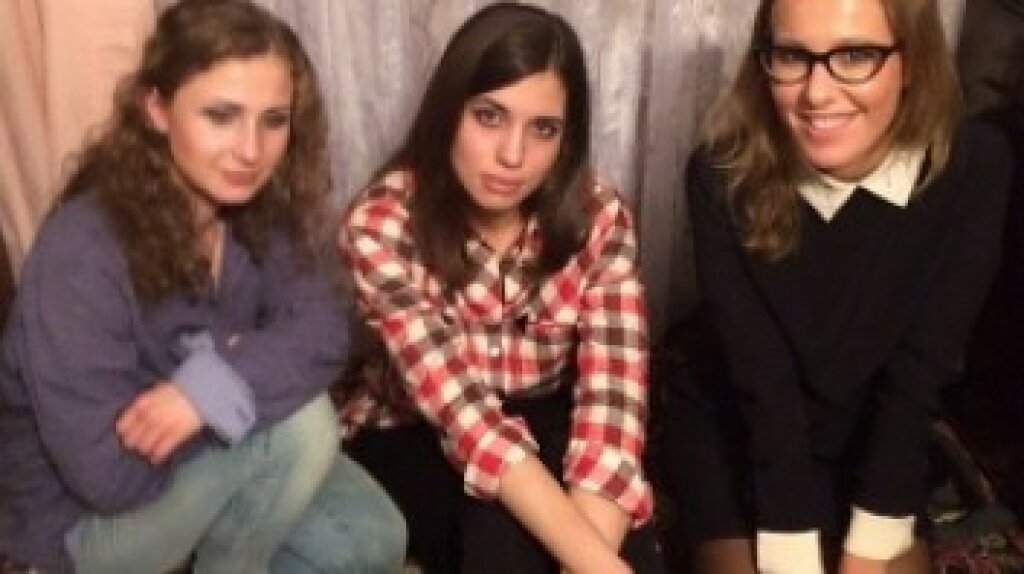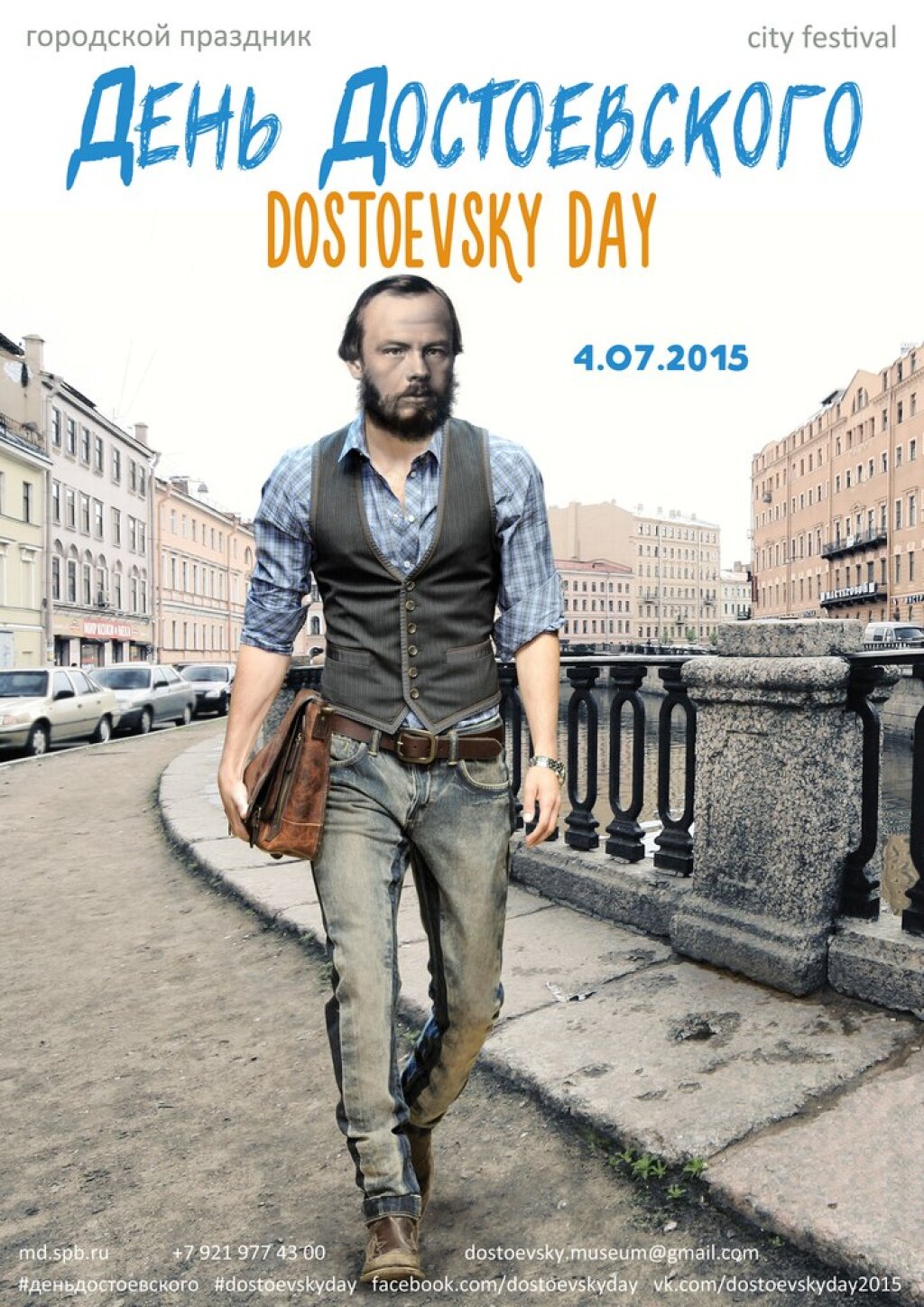I was going to end the year with my thoughts on Putin’s latest words and deeds, but then something got in the way: Ksenia Sobchak.
Ksenia Sobchak is a recurring character here at All the Russias, both for her status as celebrity former “It Girl” and her work as a talk show host on Russia’s most liberal television station, TV-Rain (“Dozhd’”).
Ksenia-bashing is already an old new-media sport, and one that I’m not particularly eager to join. As the glamorous daughter of a now-dead, partially disgraced democratic politician who made a namer for herself as a reality-show star, she’s an easy target. But the hostility towards Sobchak seems largely disconnected from anything she has been doing for the past few years, and even her detractors would have to admit that Sobchak is not stupid (she just used to play stupid on TV).
Previously I’ve written about the strange sensation of being “disappointed” by Ksenia Sobchak, which, a few years ago, would have sounded just as absurd as being “disappointed” by Kim Kardashian. But the truth is that, in her reinvention of herself as television journalist/host, Sobchak has acquitted herself far better than her critics could have expected. She is smart and well-spoken, and usually manages to elicit interesting observations and replies from her guests.
Sobchak came off quite well in her interview of viral media sensation “Sveta from Ivanovo,” but, to be fair, Sveta makes virtually any interlocutor look like Einstein. Sobchak handled herself competently with such veteran journalists and TV personalities as Alexander Gordon and her family’s bete noire, Alexander Nevzorov. Her interview with Alexei Navalny managed to be both informative and entertaining at the same time.
And then there’s Pussy Riot.
Sobchak can maintain an intelligent stance in the face of Russian chauvinists, obscurantists, and even people who seem to personally despise her (Maria Arbatova). But Pussy Riot is Sobchak’s kryptonite.
Granted, Sobchak is not the only TV-Rain correspondent who hasn’t fared will in the wake of Putin’s various amnesties and pardons. The release of Mikhail Khodorokovsky had already brought out the worst in the usually reliable Pavel Lobkov, who found himself asking Khodorkovsky’s daughter such profound questions as “How did you feel when you heard your father was going to be released?” and “What do you remember about how you felt when he was arrested?” Sobchak, on the the hand, had just scored a coup with the first extensive (and far from trivial) interview Khodorkovsky gave upon his release.
So why did she conduct an interview with Pussy Riot that was god-awful enough to make it onto Buzzfeed?
Even before this interview, Sobchak had shown that she either completely misunderstood Pussy Riot, or was engaging in an incredibly subtle (and unlikely) game of self-mockery. First she expresses shock at the idea that “girls” might actually want to talk about sexism, and then she writes a blog post expressing the hope that Katya Samutsevich will someday marry an IT oligarch. Sobchak’s exclusive interview of Nadya Tolokonnikova and Masha Alyokhina widens the range of her cluelessness, and turns out to be particularly revealing about contemporary Russian political discourse.
Pussy Riot is a self-proclaimed anti-capitalist, feminist, punk collective, so naturally Sobchak’s first question is about money and profit (“How much is the Pussy Riot brand worth?”). Alyokhina and Tolokonnikova try to explain their complete lack of interest in this question, but Sobchak simply will not let it go, moving on to concerts and European tours.
From there, she tries to turn the Pussy Riot story into a tale of gossip and conflict (“Masha, are you mad that Nadya gets so much attention?” Is it “fair” that Masha had to fly so far to see Nadya?), eventually comparing them to the Beatles and Destiny’s Child. The interview ends at its lowest point, when Sobchak inquires about Alyokhina’s beauty regime (“I can’t not ask the most important question—what’s up with your eyebrows?”).
There is something deeply entertaining about this spectacle; Alyokhina’s and Tolokonnikova’s unflappability completely undermines Sobchak’s familiar TV persona. By the end, Sobchak, who had started out addressing both women informally (“ty) gets so flustered that she finds herself switching to the formal “vy”.
Certainly, Sobchak has troubles understanding their version of feminism. But the problem is much greater than that. Sobchak is flatfooted by Pussy Riot’s complete rejection of the entire culture that spawned her: the world of money, power, and glamour. Whatever their political views, nearly all of Sobchak’s previous interview subjects had one thing in common: they were all celebrities. Sobchak, like much of the Russian media, seems incapable of believing that their are people in Russia who are absolutely indifferent to fame and fortune. A common dismissal of Pussy Riot (made recently by Putin himself) is that they were just trying to get publicity for themselves. But, as Alyokhina and Tolokonnikova themselves pointed out at their recent press conference, Pussy Riot is anonymous by definition, and their identities were revealed against their will.
Sobchak’s failure to connect with Pussy Riot says a lot about her, but its significance is much broader. With her questions about money, rivalry, and make-up, Sobchak demonstrates the problem that has rendered Pussy Riot all but illegible to the Russian media. The political culture of the past two decades has fostered a corrosive cynicism that is so widespread as to be taken for granted. There is little room in the public political discourse for seriously entertaining the idea that one could be so motivated by political and artistic ideals as to put personal concerns on the back burner (without joining a convent or a monastery).
By interviewing Pussy Riot so badly, Sobchak performed a great service to her viewers. But presumably it was not the service she intended.



